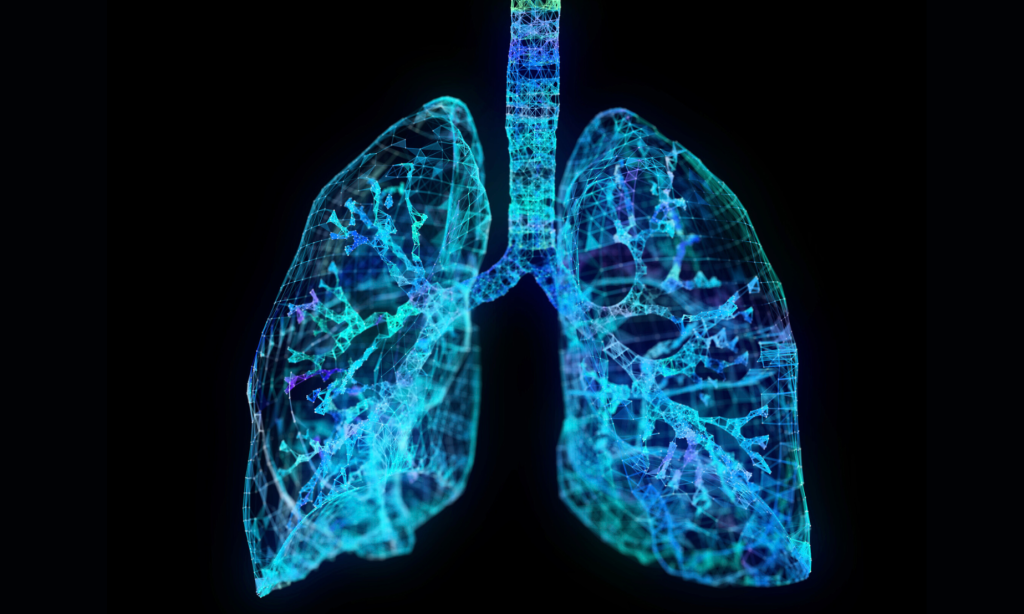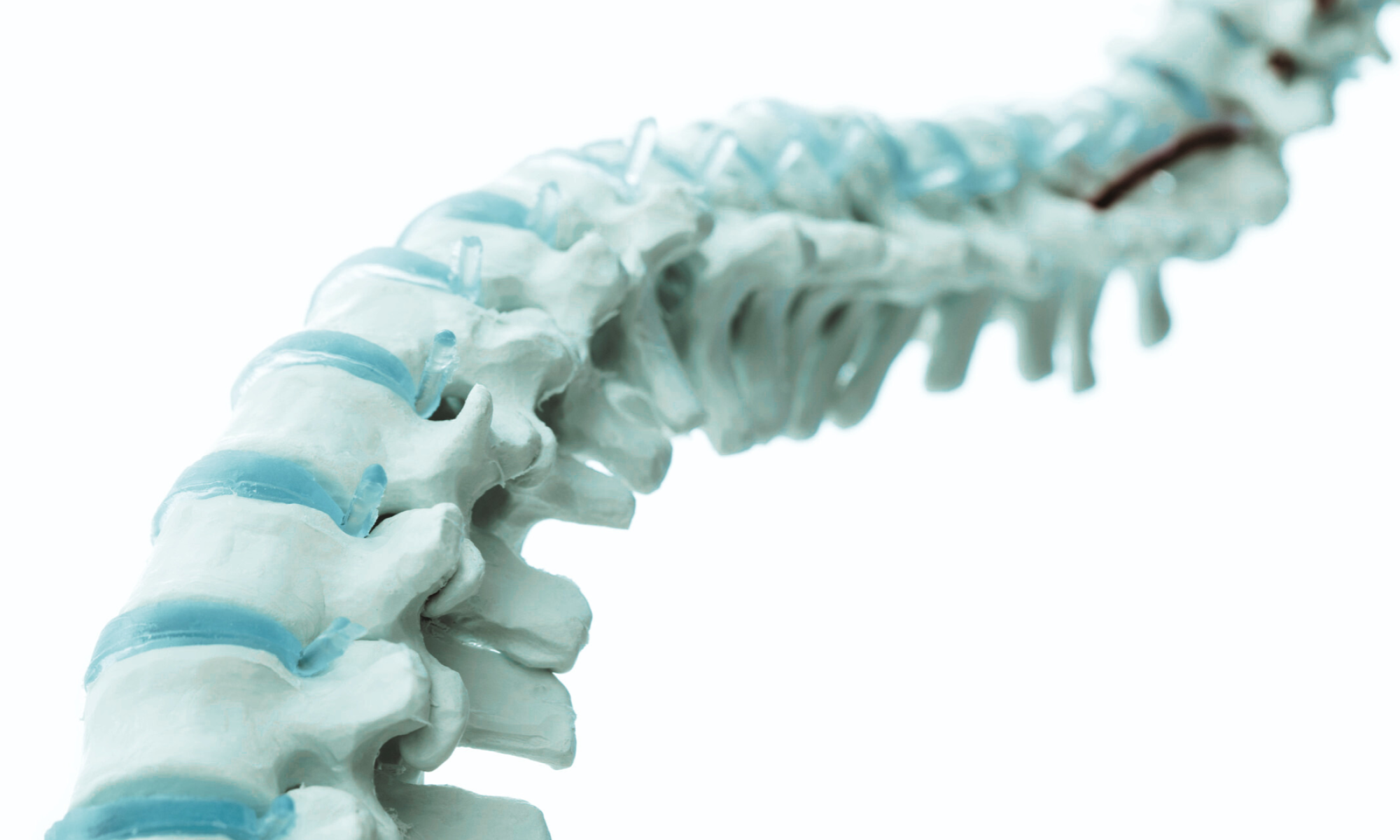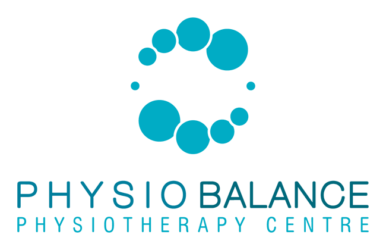
Respiratory Physiotherapy
Respiratory physiotherapy is a core specialty within the physiotherapy profession and occupies a key role in the management and treatment of patients with respiratory diseases. It aims to unclog the patient’s airways and help them return to physical activity and exertion. The respiratory physiotherapist employs many diverse interventions, including pulmonary rehabilitation, early mobilisation, and airway clearance techniques, all having beneficial effects on the symptoms associated with respiratory diseases. For example improved sputum clearance and cough efficacy, reduced dyspnea, and improved physical fitness. The beneficial effects are demonstrated in improved functional ability and reduced intensive care and hospital stay, with savings in associated health-care costs.
Respiratory Physiotherapy
- Chronic bronchitis
- Emphysema
- Cystic fibrosis
- Asthma
- Chronic obstructive pulmonary disease (COPD)
- Pneumonia
- Inhaled foreign bodies
- Neuromuscular diseases

